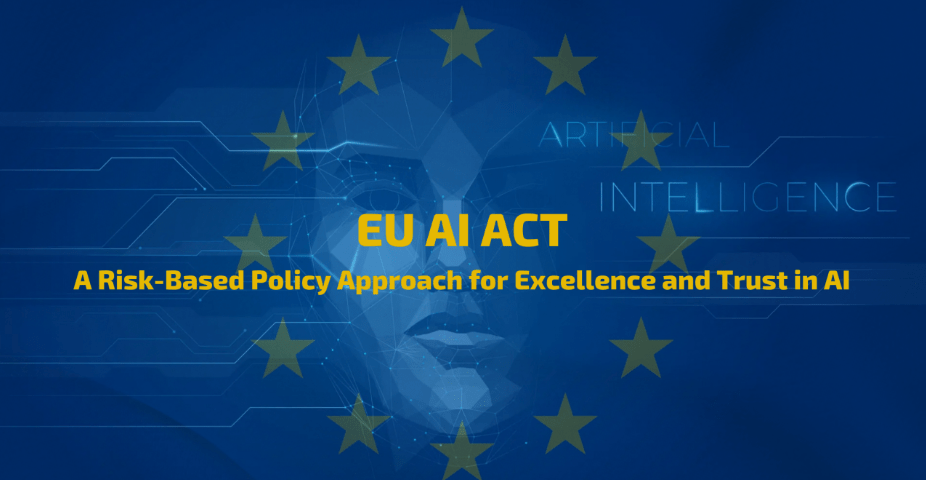

In response to the increasing use of AI tools (such as Google Bard and OpenAI’s ChatGP), the European Commission has called on tech giants such as Google, YouTube, Facebook and TikTok to tag AI-generated content. AI is used to spread false information, which includes everything from fake news websites to generated images of events that never happened.
“Voice generation software can mimic a person’s voice based on a sample of a few seconds,” said European Commission Vice-President Věra Jourová. This is particularly relevant now – Spotify, for example, is preparing to use the voices of popular AI-trained moderators.
This call is part of the EU’s efforts to reduce the spread of disinformation through online platforms. Jourová asked the 44 signatories of the EU Code of Conduct against Disinformation to help users identify AI-generated content. Labelling should begin immediately.
This is an understandable challenge for tech companies. The EU Code of Practice is voluntary, and some technological barriers could complicate the implementation of these changes. “There is no guarantee that they will be able to detect in real time that AI is generating something,” said Andrea Renda, senior researcher on the digital economy at the Centre for European Policy Studies.
However, Google is developing technology that can detect AI-created content and flag it. But Twitter, for example, is unlikely to comply. Back in May, Twitter decided to withdraw from the EU Code of Conduct on content moderation under the new Digital Services Act. The legislation also restricts targeted advertising based on sensitive data such as sexual orientation and religion. Jourová, who was understandably unimpressed by the platform’s decision to step down, said Twitter had “chosen confrontation.” Jourová told reporters that the conduct and compliance with EU law by the social media platform owned by Elon Musk will be urgently and forcefully investigated.
The European Commission is also working on new laws, known as the AI Act, to regulate the use of artificial intelligence. The rules aim to create rules on how AI technologies can be used across Europe without hampering innovation.

